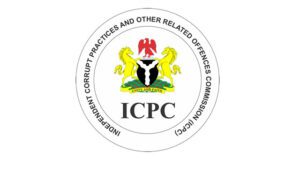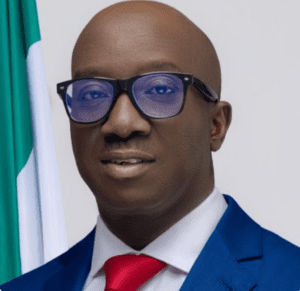
N305bn too much for 2023 elections, sign electoral bill into law – NANS tells Buhari
The National Association of Nigerian Students (NANS), Zone D, has said that the N305bn being proposed by the Independent National Electoral Commission (INEC) for the 2023 general elections was too much.
According to NANS, the country may not be able to afford that kind of money considering what it called “the precarious economic climate of the nation.”
In a statement by the Coordinator of NANS in the Southwest, Emmanuel Olatunji, it was said that, “The Nigerian economy is barely hanging by a thread and the requested N305bn may not be feasible at this time.
“Consequently, we admonish both INEC and the Federal Government to adopt astute patriotism to the country by looking for the nearest most appropriate solution to this potential quagmire.”
The students body also suggested that INEC should form a budget assessment committee to see to the “appropriate downward review,” of the budget to a much more practicable figure.
This, according to NANS, is to avoid mindless and useless back and forth between the electoral body and the Federal Government.
The statement read further: “We also implore the Presidency to eliminate all forms of sentiments and subjectivity in all their dealings with INEC, which includes the incorporation of INEC’s allocation into the national budget.
“Both parties will do themselves a world of good and have more time to serve the good people of Nigeria if this is adopted.
“It is also expedient that we wade in on the withdrawal of presidential assent to the proposed electoral bill amendment.
“We want to intimate President Muhammadu Buhari that this is his chance to write his name in gold as the President that restructured Nigeria’s electoral system after years of trial and error. The President should therefore ignore all dissident and retrogressive exhortations aimed at dissuading him from signing the bill into law.
“We affirm our conviction in the direct primary procedure as it will allow only politicians who are truly popular at the grassroot level to emerge as party candidates.
“However, we also concur that political parties should be able to unilaterally determine their choice of technique in line with their respective ideologies.”



